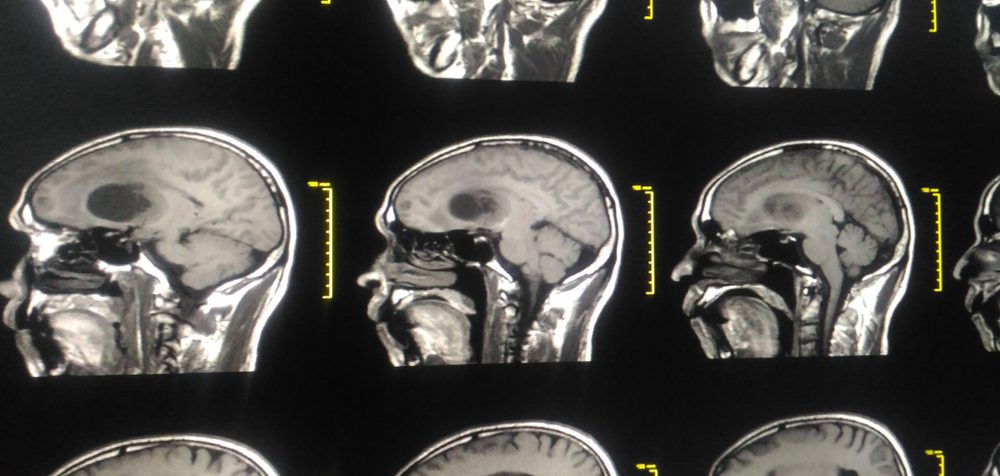
Scientists at Wuhan’s Renmin Hospital in China and Yale University have collaborated to develop a new plant-based nanoparticle treatment for glioblastoma. Glioblastoma is a rapidly growing and highly invasive brain tumor, impacting approximately 250,000 people globally each year. Following diagnosis, the average survival time for glioblastoma patients is only 14 to 16 months, making it the deadliest brain cancer.
Currently, the standard treatment for glioblastoma is surgical removal of the tumor, followed by radiation and chemotherapy. Despite treatment, the cancer can develop resistance, often resulting in minimal impact on the disease. A major challenge in the treatment process is the blood-brain barrier, a protective membrane that surrounds the brain. The presence of this barrier means many drugs are unable to cross, limiting their effectiveness in treating conditions such as glioblastoma.
To address this problem, the research team created nanoparticles built from a phytochemical called bardoxolone methyl (BM). These nanoparticles – measuring only 50 to 80 nanometers wide and about 170 nanometers long – were combined with the anticancer peptide P28, which formed P28-LBM nanoparticles. The P28-LBM nanoparticles were found to be capable of penetrating the blood-brain barrier and targeting tumor cells directly. The nanoparticles function through an autocatalytic mechanism, where – upon reaching the tumor – the nanoparticles release LEX (Lexiscan), which increases the permeability of the tumor membrane. Along with enabling more nanoparticles to penetrate and cause cell death, it also
blocks the “epithelial-mesenchymal transition” – a process that contributes to rapid tumor growth.
“This approach represents a promising new avenue for improving outcomes in patients with glioblastoma,” the researchers wrote in the study paper.
